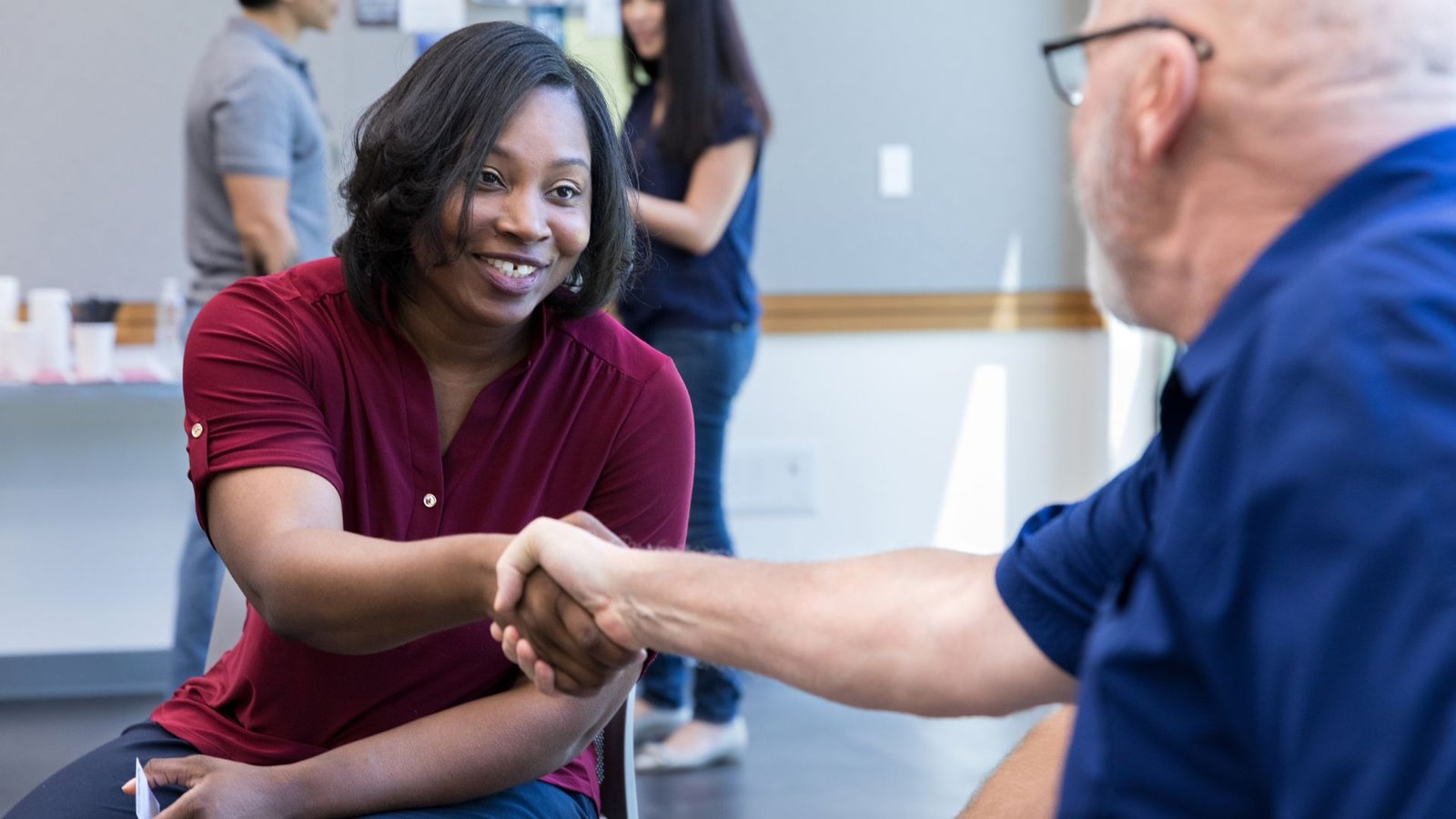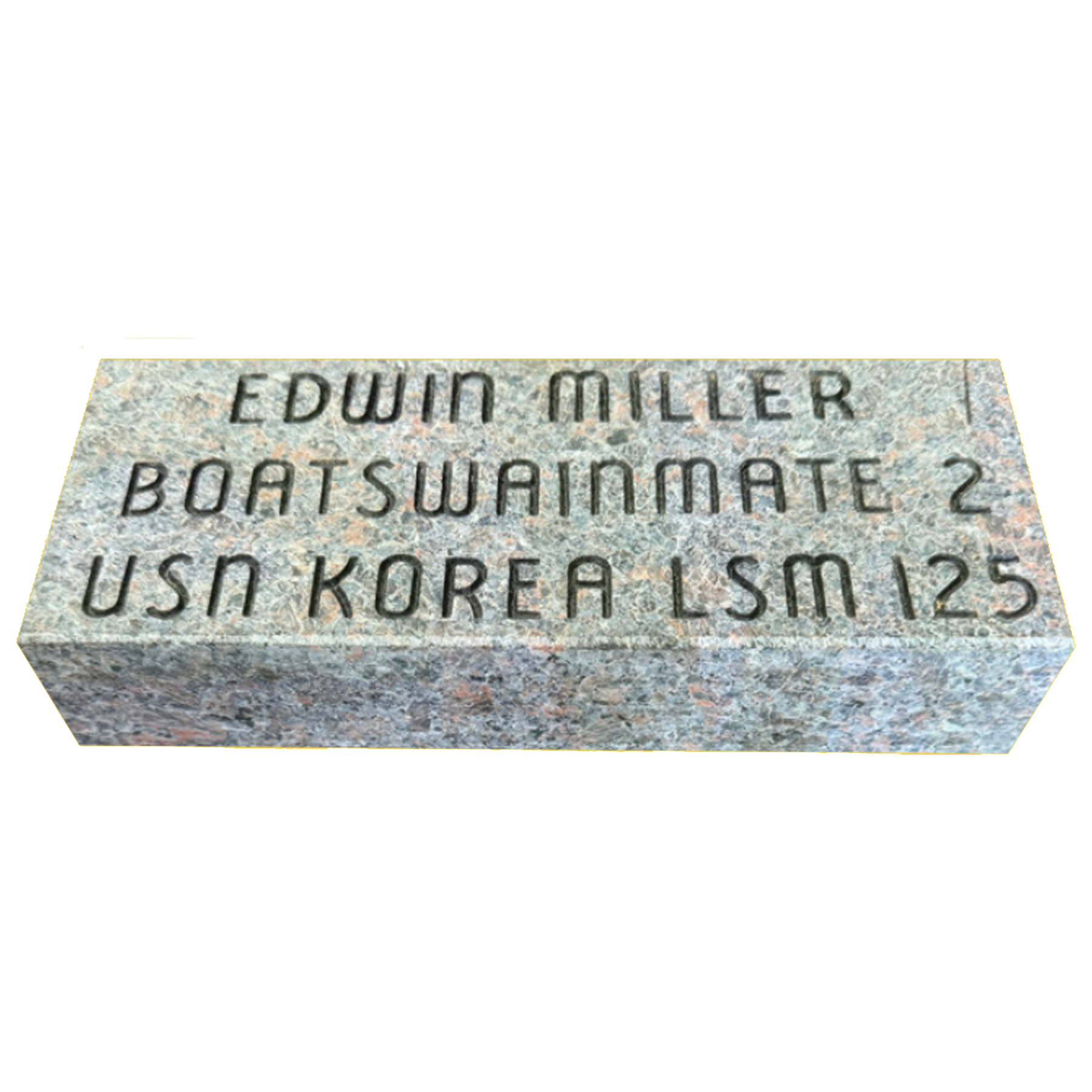Understanding and Supporting Veterans with Mental Health Challenges
The transition from military to civilian life is a complex journey for many veterans. This period often brings to the forefront various mental health challenges, with Post-Traumatic Stress Disorder (PTSD) being one of the most prevalent issues. Recognizing the symptoms and understanding the treatments and support systems available are crucial steps toward helping veterans reclaim control over their lives.
The Prevalence of PTSD Among Veterans
PTSD is a mental health condition triggered by experiencing or witnessing a terrifying event. For veterans, these events often relate to combat experiences, but they can also arise from military training accidents or sexual assault within the ranks. Symptoms of PTSD can include flashbacks, nightmares, severe anxiety, and uncontrollable thoughts about the event.
While PTSD is a primary concern, veterans may also struggle with other mental health issues such as depression, anxiety, and substance abuse. The stigma associated with mental health, a culture of self-reliance among military personnel, and lack of understanding from the civilian community can further exacerbate these challenges.

Treatments for PTSD and Other Mental Health Issues
Treatment for PTSD and other mental health issues among veterans has evolved significantly over the years. Today, there is a wide array of options available, tailored to meet the unique needs of veterans. These treatments include:
- Cognitive Behavioral Therapy (CBT): A type of psychotherapy that helps individuals change negative patterns of thought and behavior related to their trauma.
- Prolonged Exposure Therapy: A specific type of CBT that involves gradually exposing the individual to trauma-related memories, feelings, and situations to help them process and manage their reactions.
- Medication: Antidepressants and other medications can be effective in managing symptoms of PTSD, depression, and anxiety.
- Eye Movement Desensitization and Reprocessing (EMDR): A therapy that helps process and make sense of traumatic memories through guided eye movements.
- Support Groups: Joining a group of individuals with similar experiences can provide a sense of community and understanding.
Support Systems for Veterans
Beyond individual treatment options, several organizations and programs are dedicated to supporting veterans with mental health issues. The U.S. Department of Veterans Affairs (VA) offers mental health services at its medical centers and outpatient clinics. Additionally, numerous non-profit organizations provide resources, counseling, and advocacy for veterans.
One key aspect of supporting veterans is the role of the community. Encouraging open conversations about mental health, offering social support, and promoting awareness can make a significant difference in the lives of veterans transitioning to civilian life.
Conclusion
Mental health challenges, particularly PTSD, are significant issues facing many veterans today. Understanding these challenges, exploring treatment options, and providing comprehensive support systems are vital steps in honoring and assisting those who have served. By fostering an environment of acceptance and aid, society can help veterans navigate the complexities of mental health issues and lead fulfilling lives.
Share The News


